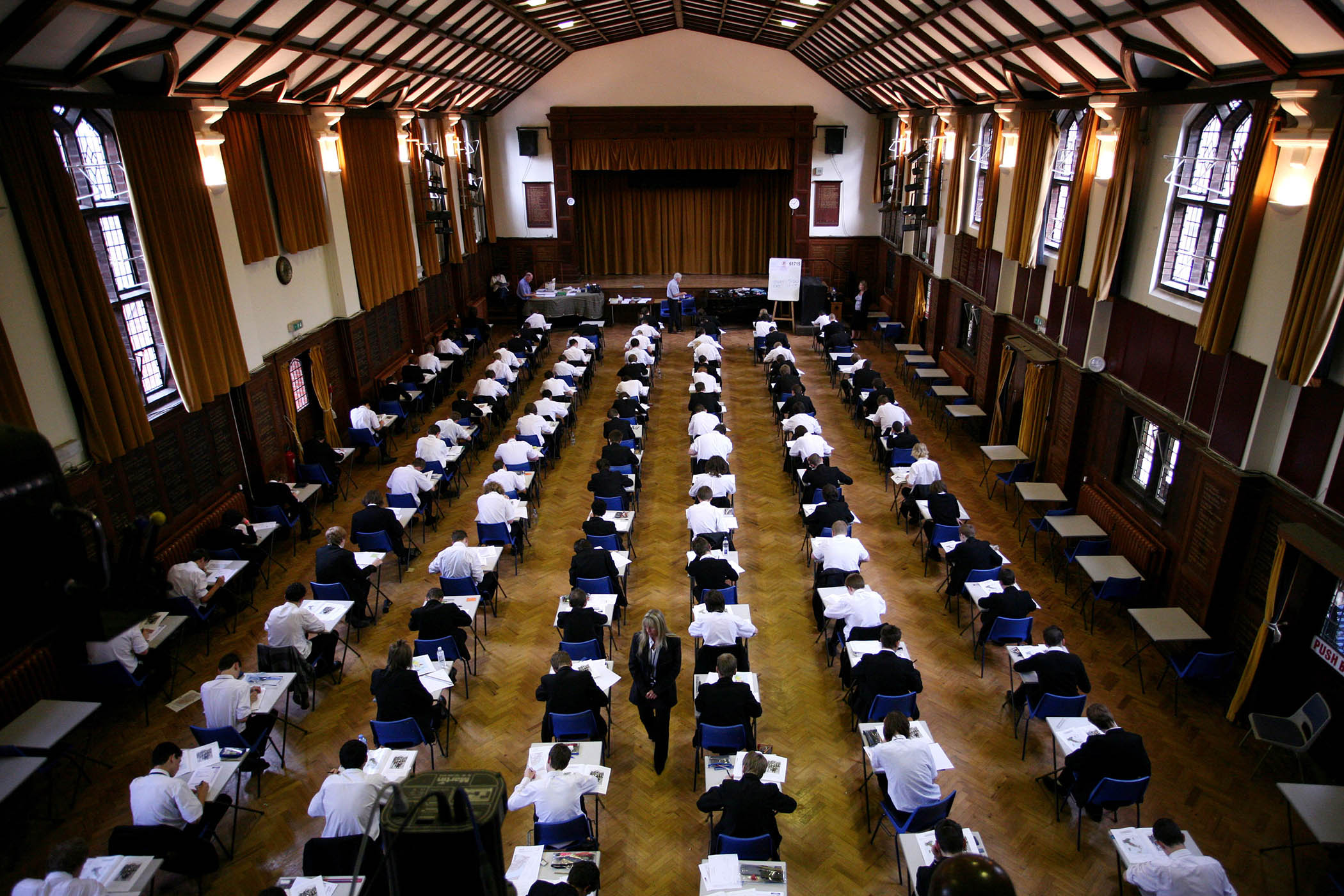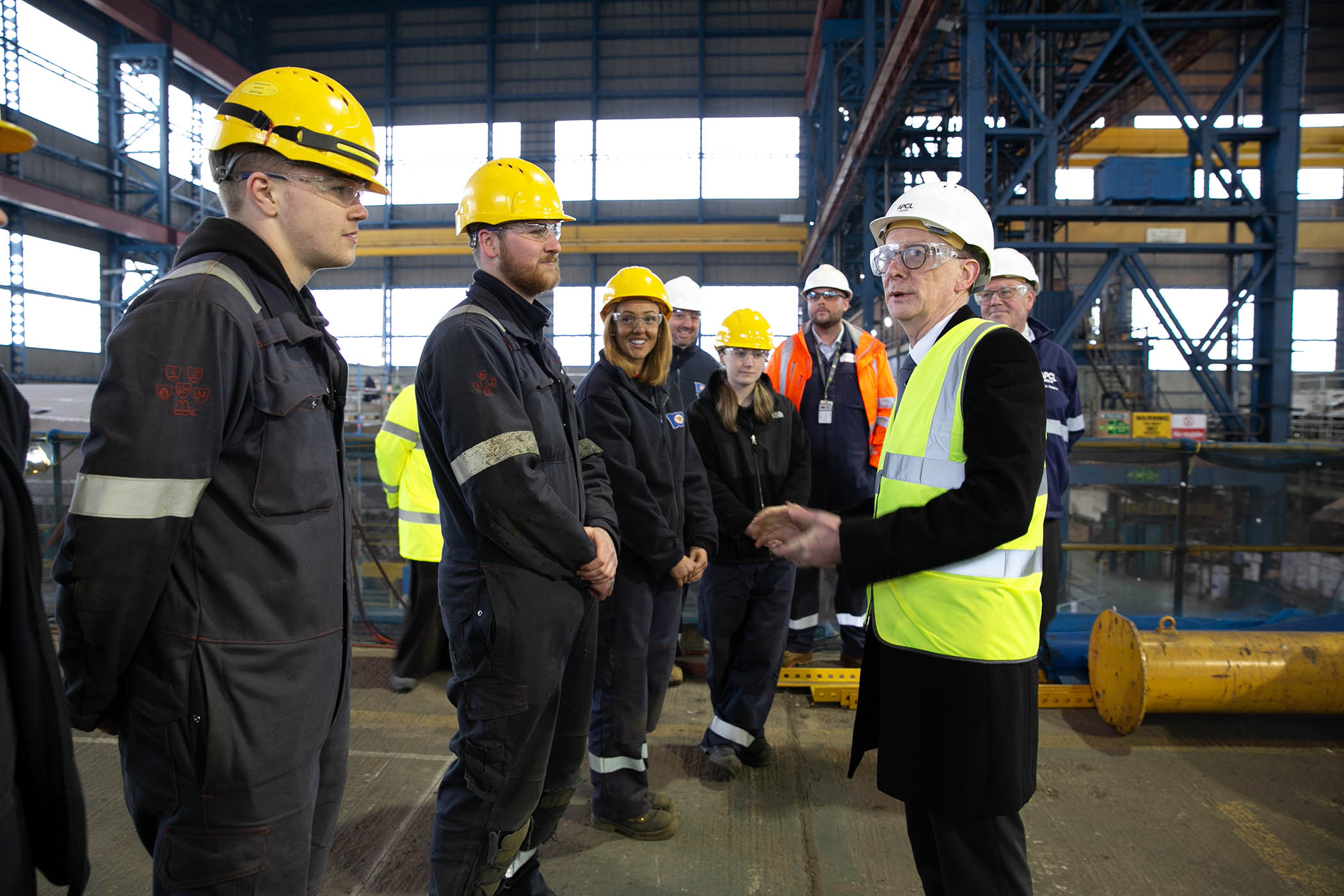Vincent Peters came close to putting his engineering career on hold last week. He had applied for 73 jobs after graduating with a master's in space engineering in September.
Most applications were rejected outright, with 34 employers not even bothering to respond. But then he got a call from a recruiter with a job offer.
“It was getting to the point where I was about to give up on the engineering job hunt and start applying to coffee shops again,” he says. “So I was really fortunate.”
Peters, 26, had to deal with a lot of rejection – but it seems he had an easier time than many other graduate job hunters. He posted about his experiences on a Reddit forum about UK employment, including a flow chart breaking down his applications into unanswered, rejections and interviews.
The comments were revealing: many were surprised he had got a job after so few applications. The most popular response was: “9 interviews out of 73 applications is an insanely high ratio, well done.”
Recent headlines have suggested that today’s graduates face a more difficult job market, partly because AI might be replacing entry-level jobs. But while most analysts accept it’s tough for current graduates, there’s not much evidence that it’s especially tough – or that AI is to blame. Stephen Isherwood, chief executive of the Institute of Student Employers (ISE), which represents about 300 graduate employers, believes the jobs market is probably the reason many new graduates are struggling to find a job, not AI. “It’s a tough economic climate that’s making employers reluctant to hire, not just at a graduate level, but actually across the board,” he said.
The data suggests he’s correct. The two basic measures of slack in the labour market – unemployment and the number of unemployed people for each vacancy – are relatively low, indicating it’s a tight market.
There’s also little evidence that graduates are significantly worse off now than in the past. For instance, the latest available data shows the employment rate among 21 to 30-year-old graduates was 86.5% in 2024, much closer to before the financial crisis (86.9% in 2007), than during and after it (83.6% in 2009).
The employment rate for 21 to 30-year-olds with degrees is higher than for young people overall, non-graduates in the same age bracket and the general public. They are also less likely to be unemployed or economically inactive.
Data drawn from nearly 90 university career job boards suggested there were 8% more job openings during the 2024/25 hiring season compared with 2023/24. There’s some evidence that the way employers are seeking out recent graduates is changing, and previous measures of graduate employment are not capturing the reality as accurately as they used to.
Newsletters
Choose the newsletters you want to receive
View more
For information about how The Observer protects your data, read our Privacy Policy
Isherwood says data analysis of graduate jobs may be missing the changing way roles are advertised. He says employers increasingly do not specify “graduate” as they want to attract a wide range of recruits: “That doesn’t mean that the job isn’t skilled and it doesn’t mean that a graduate won’t get the job, but it might mean that graduate is not in the job title.”
He is not the only expert questioning the AI doom-mongering. According to Charlie Ball, a specialist on the graduate labour market at Jisc, much of the talk is “overblown”.
He says there has been a change in employer behaviour that aggregators of vacancy statistics haven’t yet registered. “A lot of businesses are bringing recruitment in-house or going directly through universities.”
Instead of AI, they say, any pause on hiring graduates is a culmination of factors, including higher payroll taxes, high inflation, and a reversal of a post-Covid hiring boom in some industries. The impact of AI on the job applications process as distinct from job openings is perhaps a little clearer. Competition for graduate jobs hit a record high in 2024, with the average employer receiving 140 applications per job, a near 60% increase on 2023.
Peters used AI to help generate rough cover letters, which he would edit. “I’d [ask an AI to] give me four paragraphs for a job using my CV based on a [previous] cover letter … and then I would tailor it from there.”
The responses to his Reddit post suggest some may be using AI more crudely: to produce hundreds of applications every year. “A lot of people replied saying ‘I’ve applied to 400 companies’ and ‘I've applied to 500 companies’ ... unless they’re working 30 hours a week, applying constantly, it seems more likely that they’re using AI to pump out applications.”
The upshot, says Ball, is some candidates “don't even know what job they’ve applied for”.
AI might not be driving the recruitment downturn, but it could still have the final say on the availability of entry-level jobs. “My best take is that AI is not yet actually replacing a lot of tasks or a lot of people. It is creating time savings for individuals in specific tasks,” says Tera Allas, author of a McKinsey report about automation and the UK job market.
Next week, he starts his new role helping manufacture aerospace and industrial ball bearings, which go into trains, planes and helicopters. “I’m so relieved,” he says.
Photograph by Doug Moody/Mirrorpix/Getty




